Work Visa
Work Visa: What kind of side job can Engineering/Humanities/International Services Visa Holders do?
- 2024.05.07
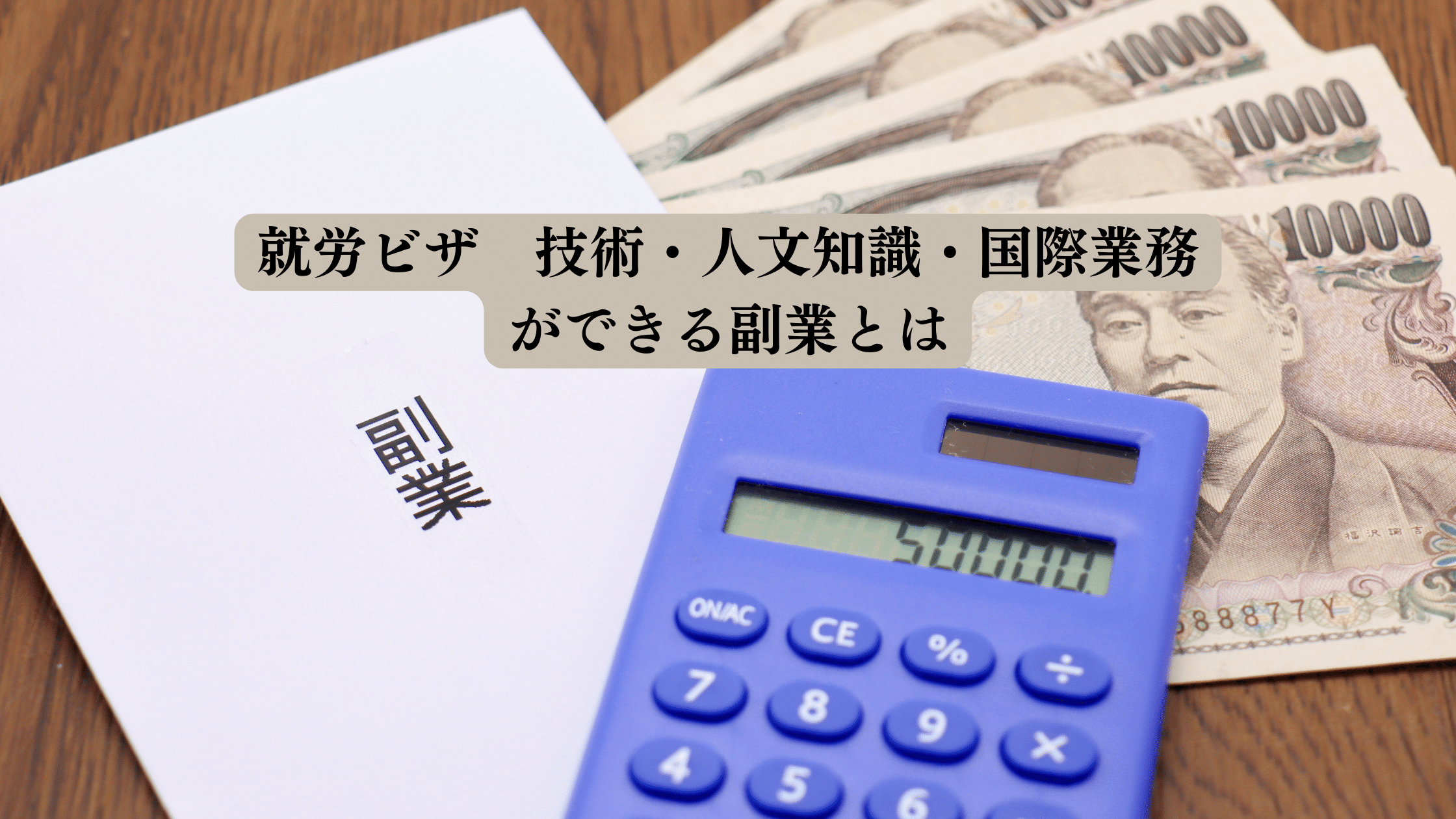
Foreigners who have obtained the “Engineering/Humanities/International Service” visa status and are working for a Japanese company probably have questions like “Is it possible to have a side job or part-time job?” It is possible to have a side job or part-time job with the status of “Engineering/Humanities/International Service”. However, depending on the nature of the work, it may be necessary to obtain a “Permission to Engage in Activity Other Than That Permitted under the Status of Residence Previously Granted Previously Granted” in advance. This time, we would like to talk about the side jobs and part-time jobs you can do with a work visa for Engineering/Humanities/International Service, This time, we would like to explain the side jobs and part-time jobs that you can do with work visas like the “Engineering/Humanities/International Services” visa.
- What is the “Engineering/Humanities/International Service” status?
- What kind of side job can the “Engineering/Humanities/International Service” visa status holder do?
- What does Menial Labor refer to?
- What is Permission to Engage in Activity Other Than That Permitted under the Status of Residence Previously Granted?
- Summary
What is the “Engineering/Humanities/International Service” status?
This section explains what the “Engineering/Humanities/International Service” visa is, which is a typical work visa.
To put it simply, the “Engineering/Humanities/International Service” visa is for foreign nationals who will be working in a white-collar position for a Japanese company.
[What is white-collar work refer to?]
White-collar jobs are broadly defined as clerical jobs.
Example: Workers who are engaged in clerical work that does not involve production, such as corporate planning and administrative work.
The work content differs in each of the three categories: Engineering, Humanities, and International Services.
◆Engineering: Workers who work in jobs that require technology or knowledge in the field of science, engineering, or other science-related fields by making use of what they have learned in their studies.
(e.g., mechanical and electrical engineers, programmers, and other technicians)
◆Humanities: Workers who work in jobs in a business that require knowledge in a field by utilizing what he/she has learned in the Humanities such as law, economics, sociology, etc.
(e.g. sales, accounting, marketing, etc.)
◆International Services: Work that requires thinking and sensitivity based on the unique culture of the foreigner, utilizing language and international experience.
(e.g.: interpreter, translator, language teacher, etc.)
What kind of side job can the “Engineering/Humanities/International Service” visa status holder do?
The conclusion first: foreigners with a visa for Engineering/Humanities/International Service are allowed to work as a side job or part-time job.
However, depending on the nature of the work, it may be illegal to work without obtaining “Permission to Engage in Activity Other Than That Permitted under the Status of Residence Previously Granted.
- Reasons why “Permission to Engage in Activity Other Than That Permitted under the Status of Residence Previously Granted” is required
As explained in the above-mentioned “What is the ‘Engineering/Humanities/International Service’ status?”, there are two common characteristics for jobs that are eligible for an Engineering/Humanities/International Service visa.
- White-collar jobs
- Occupations requiring humanities or science-related skills and knowledge.
/ Work that requires thinking and sensitivity based on the unique culture of the foreigner.
Therefore, if the content of your side job or part-time job is outside the scope of your work visa activities, you must obtain “permission to engage in an activity other than that permitted under the status of residence” in advance.
- Side jobs that require Permission to Engage in Activity Other Than That Permitted under the Status of Residence Previously Granted and those that do not require permission
|
Status of Residence “Engineering / Humanities / International Service” |
The Content of Activity |
Whether the Permission is Required |
Examples |
|---|---|---|---|
|
Remunerated activities outside the scope of primary activities (*1) |
Permission is required |
|
|
|
[Normal case] Remunerated activities within the scope of primary activities (*1) |
Permission is not required |
|
|
|
[Exceptional Cases] Remunerated activities within the scope of primary activities (*1)
|
Permission may be required in some cases |
|
|
|
Activities that do not involve remuneration and are outside the scope of your primary business *But only to the extent that it does not interfere with the primary activity |
Permission is not required |
|
|
|
Activities that would fall under the category of simple labor.
*For details, please refer to 3. What does Menial Labor refer to? |
- Not allowed |
|
As summarized in the table above, foreigners with “Engineering/Humanities/International Service” visas are required to obtain “Permission to Engage in Activity Other Than That Permitted under the Status of Residence Previously Granted” (in principle, individual permission) if they engage in income-generating activities that are not within the scope of their status of residence.
If the activity exceeds the scope of status of residence (*1), this permission must be obtained even if it is a side or part-time job.
*1 Definition of activities exceeding the scope of status of residence:
As explained in “1. Status of Residence ‘Engineering/Humanities/International Service’” above, the status of residence is divided into three categories: “Engineering,” “Humanities,” and “International Services.
Each of these categories has different job responsibilities.
In short,
The scope of status of residence here means that even if the work is within the scope of the Engineering category, if the work differs from the work you were engaged in when you obtained the status of residence, or from your expertise (the major in your educational background) or work experience, you may be required to obtain Permission to Engage in Activity Other Than That Permitted under the Status of Residence Previously Granted.
Example)
◆ If you are working as an IT programmer (Engineering) and want to become a simultaneous interpreter (International Services)
Although it is within the scope of “Engineering/Humanities/International Service,” the scope of the job crosses over from “Engineering” to “International Service.
➡ You must obtain a Permission to Engage in Activity Other Than That Permitted under the Status of Residence Previously Granted.
◆ If you work in a general sales position (which includes general sales and some incidental translation and interpretation work), and want to work as an interpreter/translator outside of your affiliated organization.
Since their main business is sales, they will be classified in the Humanities. In this case, The scope of the job likely crosses from “Humanities” to “International Services”.
➡ You are likely to need to obtain Permission to Engage in Activity Other Than That Permitted under the Status of Residence Previously Granted.
◆When a Japanese-Chinese interpreter/translator works part-time as a Japanese-English interpreter for an unaffiliated organization
Although both the main job and the side job are interpretation/translation work and fall under the category of “International Services,” it can be assumed that the visa applicant was limited to Japanese-Chinese interpretation when he/she obtained the visa.
Therefore, if they engage in interpreting or translation work in Japanese or English that is different from what they were doing when they obtained their visas, there is a high possibility that they will be judged to be doing work that is “different from what they were doing when they obtained their visas.
In addition, if there is a discrepancy between your major at school and the nature of your side job, it is more likely that you will need to obtain Permission to Engage in Activity Other Than That Permitted under the Status of Residence Previously Granted.
For example, a person with a university degree or higher may engage in translation/interpretation work but is limited to work in his/her native language and Japanese, regardless of what he/she majored in at the university.
When obtaining a visa for the main activity, such persons with a university degree or higher are often, for example, “Chinese nationals as Japanese-Chinese interpreters/translators” or “Vietnamese nationals as Japanese-Vietnamese interpreters/translators”.
In such cases, even if these people speak English or another language, it is not their mother tongue, and they may not necessarily be able to work as interpreters or translators in English, Japanese, or other languages if they do not have the necessary work experience and educational background in the respective languages.
In the case of interpreting/translating between languages other than one’s native language and Japanese, the relevance of the work to one’s educational background may not have been a factor for review when the visa was originally granted.
Thus, it is important to keep in mind that the relevance of the work at the time of the initial visa application and the major in your educational background, etc. are important.
However, the above discussion is only about “remunerated activities,” and if you are paid an honorarium or remuneration for activities that are not performed as a volunteer or business without remuneration, you do not need to take out an activity outside the scope of your qualification.
Be aware that spending so much time that it interferes with your main job is not allowed, even if it is unpaid.
What does Menial Labor refer to?
Menial labor is, in essence, on-site work.
The residence status of “Engineering/Humanities/International Service” is for foreigners to engage in so-called “white-collar” jobs in Japan, so it is not permitted to engage in blue-collar jobs such as on-site work.
What is on-site work?
- Cashier at convenience stores and supermarkets
- Restaurant hall work and cooking assistance
- Work at construction sites
- Front desk work at hotels
- Work on the production line at a factory
These are examples of on-site work.
A person who currently has “Engineering/Humanities/International Service” is not permitted to engage in this type of work, except such work that is part of employee training, and is, of course, cannot engage them as a part-time or side job,
What is Permission to Engage in Activity Other Than That Permitted under the Status of Residence Previously Granted?
- Types of Permission to Engage in Activity Other Than That Permitted under the Status of Residence Previously Granted
There are two types of permission to engage in an activity other than that permitted under the status of residence, and the characteristics of each are as follows.
|
◆ Blanket Permit |
|---|
|
A “blanket permit” is basically a type of permission that allows comprehensive out-of-qualification activities that do not require a specified workplace (*1) and that cover activities that involve operating a business that generates income or receiving remuneration for 28 hours or less per week. *1: This means that you do not need to apply for permission/or a change of status every time your workplace changes.
There are other detailed requirements, But this type of permit is mainly obtained by those who have “Studeny” or “Dependent” status.
Examples of persons who are eligible for the permit
*Reference: “Permission to Engage in Activity Other Than That Permitted under the Status of Residence Previously Granted” by the Immigration Services Agency |
|
◆ Specific Permit |
|---|
|
A “Specific Permit” is needed when the work in which the applicant intends to engage exceeds the 28 hours per week limit of the above-mentioned Blanket Permit, when it is difficult to manage the working hours, or when the applicant intends to engage in work outside the scope of his/her current visa, etc.
Except in rare cases, the majority of permits are obtained by those who have a work-related status like “Engineering/Humanities/International Service.”
Unlike a blanket permit, which does not specify the workplace, this permit allows the applicant to work only at the workplace declared and approved in the application for the specific permit, and only within the specified job description, working hours, and other conditions.
Examples of those who are eligible for a work permit:
*Reference: “Permission to Engage in Activity Other Than That Permitted under the Status of Residence Previously Granted” by the Immigration Services Agency |
Summary
When a person with an Engineering/Humanities/International Service visa starts a side job or part-time job, the key point is whether the nature of the work at that workplace is included in the visa’s activities.
If it is covered by the permitted activities, with the consent of the employer of the main job, as long as it does not interfere with the main job, then it would not be a problem.
However, if the activities are not covered by the visa, you must obtain a “permission to engage in activities other than those permitted under the status of residence previously granted”.
This does not apply to volunteers who do not receive remuneration.
“I want to have a side job or part-time job, but which type of business is acceptable and do I need a permit for activities other than those permitted under the status of residence?”
We recommend that you consult with your local immigration office before starting a side job, as one wrong move could result in unlawful work.
If you are worried about your status of residence or visa, or if you are concerned about the application procedures, please feel free to contact us.
We are Yanagi group, which have offices in Osaka (Abeno and Tennoji), and our affiliated offices in Tokyo (Shibuya and Ebisu) are also available for an on-site consultation. We have handled many applications for permanent residence permits, naturalization permits, work visas, college student visas, management visas, etc., as well as visa renewal procedures related to the status of residence with the Immigration Bureau (Immigration Bureau) as a one-stop service. Our experienced administrative scriveners are also available to help you with any problems you may have.
We also have staff members who can speak each of the native languages and can assist you in obtaining a visa.
※If you wish to be consulted in Nepali or Bengali, please inform us in advance via our website or social media, and the translator will contact you ahead of time.
Please feel free to contact us if you have any questions about your status of residence or visa, even if they are trivial.
Toll-free number: 0120-138-552
For English speakers: 080-9346-2991
For Chinese speakers: 090-8456-6196
Editor of this article
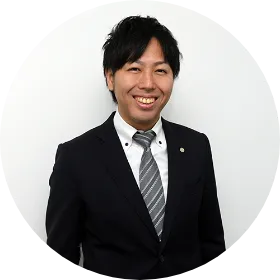
- Ryota Yanagimoto
- Administrative Scrivener/Judicial Scrivener
At the age of 24, he passed the national examinations for judicial scrivener, administrative scrivener, and wage service manager at the same time.
While working as a full-time lecturer at a major prep school, he independently opened a legal office related to judicial scriveners and administrative scriveners,
and he has experience as a judicial scrivener and an administrative scrivener for more than 15 years so far.
He has been actively contributing to various industries such as publicly listed companies, real estate companies, financial institutions, elderly care services, and professional organizations by conducting seminars, lectures, and talks.
And now he has a record of over 60 presentations so far.
Furthermore, as the president of a Japanese language school announced by the Ministry of Justice and Acts, and an advisor to a real estate company (capable of handling foreign clients),
he has been involved in various aspects of industries related to foreigners.
It is recommended to consult with experts when it comes to visas, naturalization, and residency matters.

Our office has specialized experts in visa and naturalization applications who are available to assist with free consultations (limited to the first session) and inquiries related to various visa applications and naturalization applications.
Additionally, we have foreign staff proficient in English, Chinese, and Korean languages with specialized knowledge, and they are present to provide support. They can accommodate consultations and inquiries in each language. Feel free to use our free consultation and inquiry services from here.








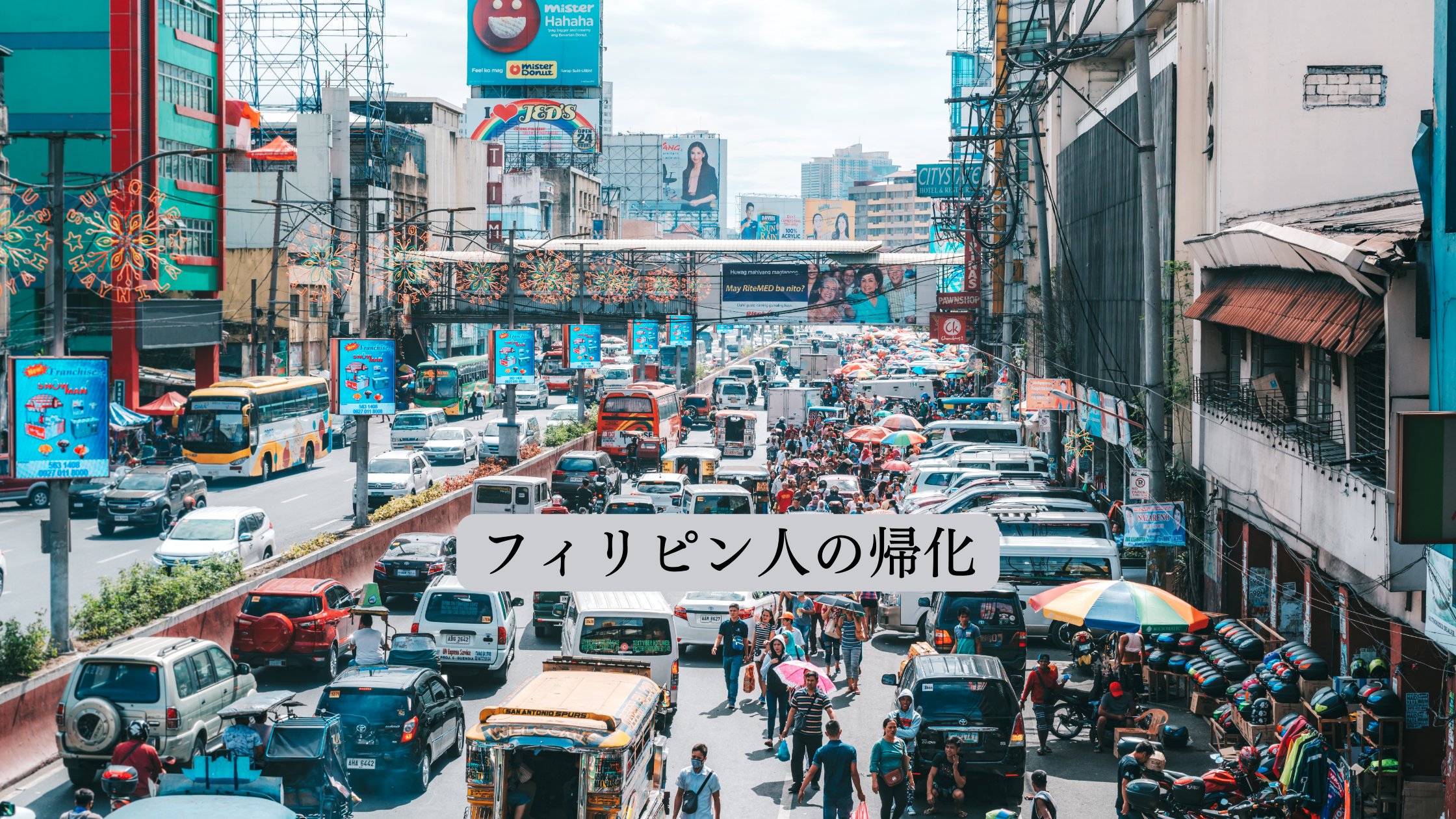






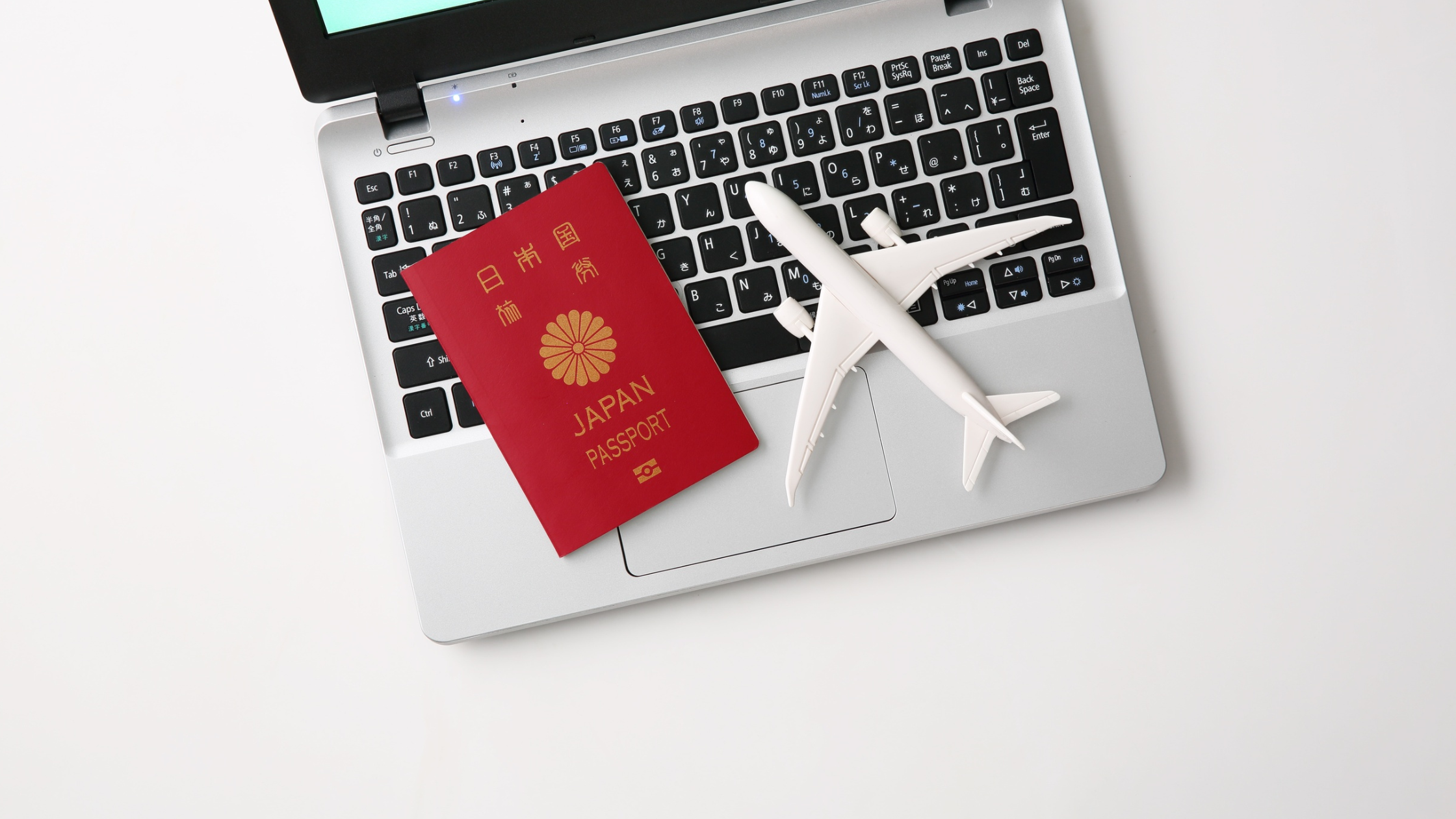





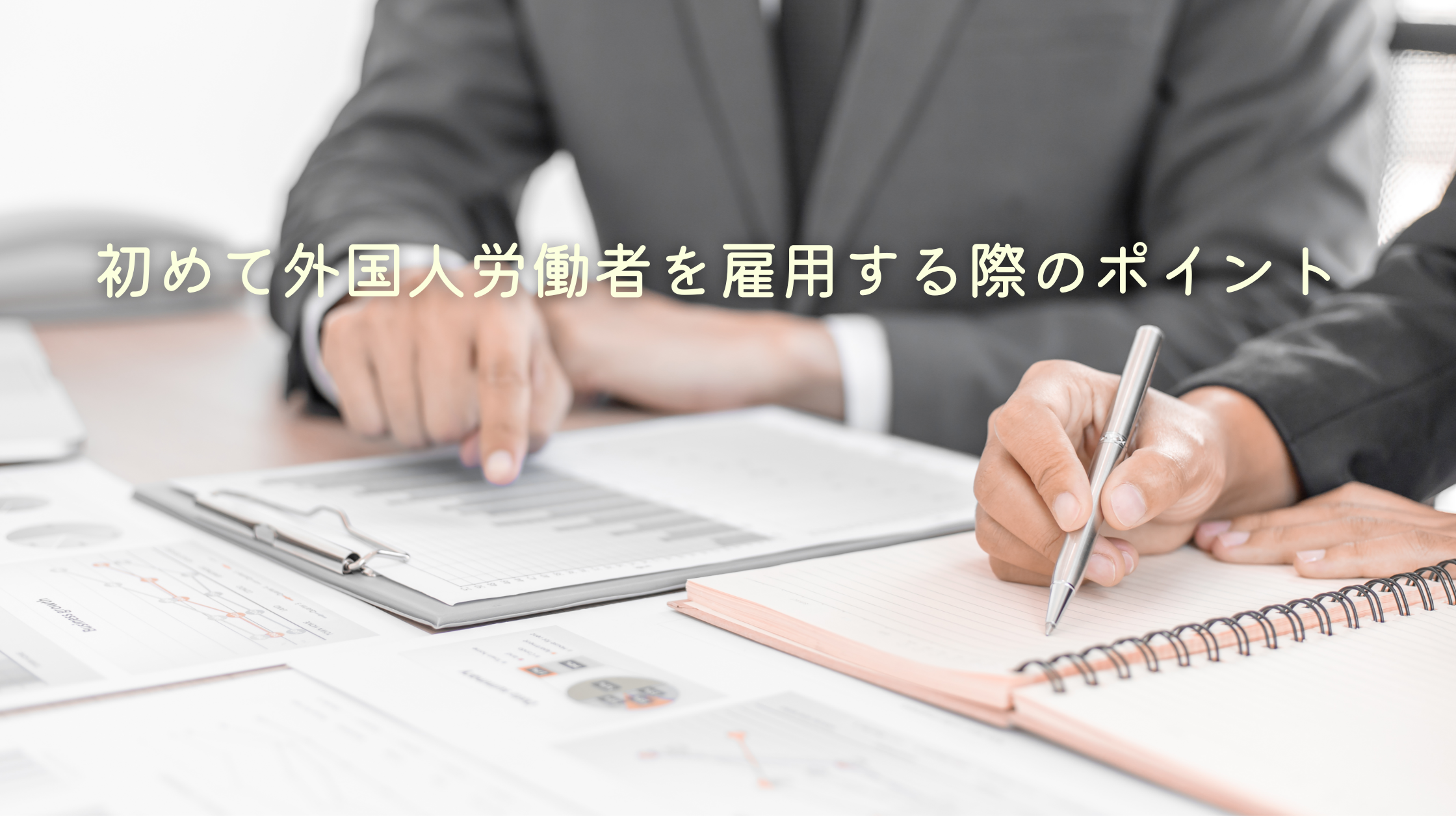
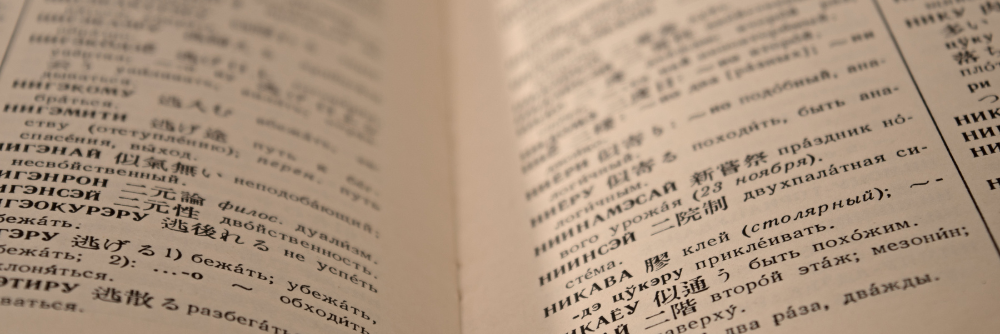

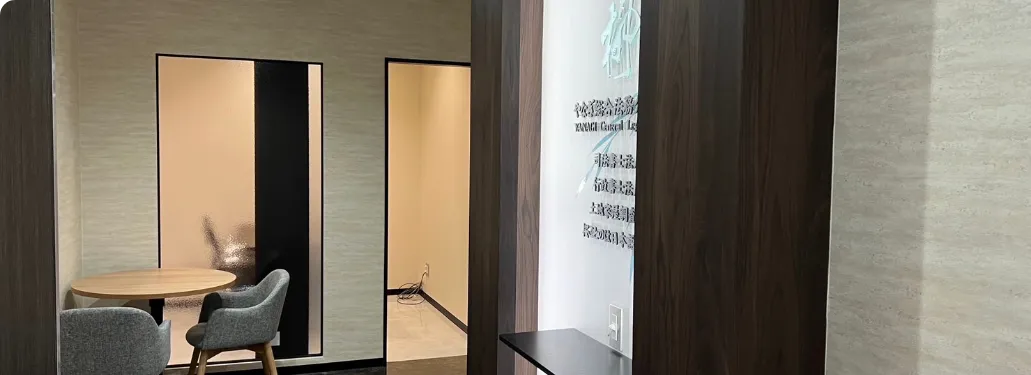
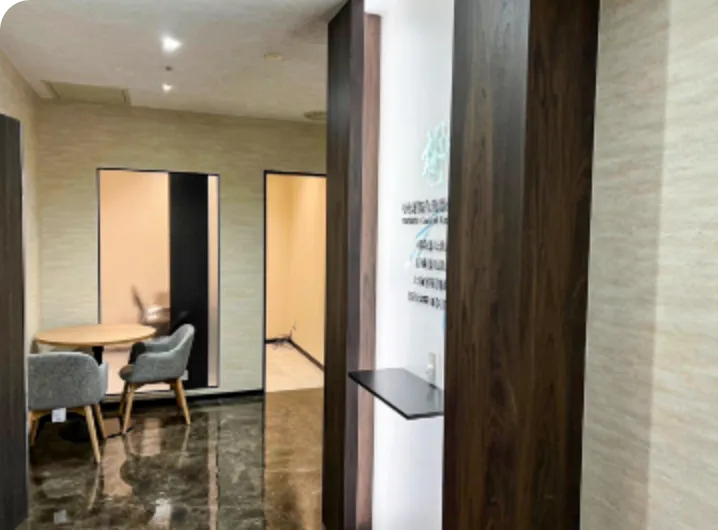
 0120-138-552
0120-138-552 Free
Consultation
Free
Consultation Contact Us
Contact Us